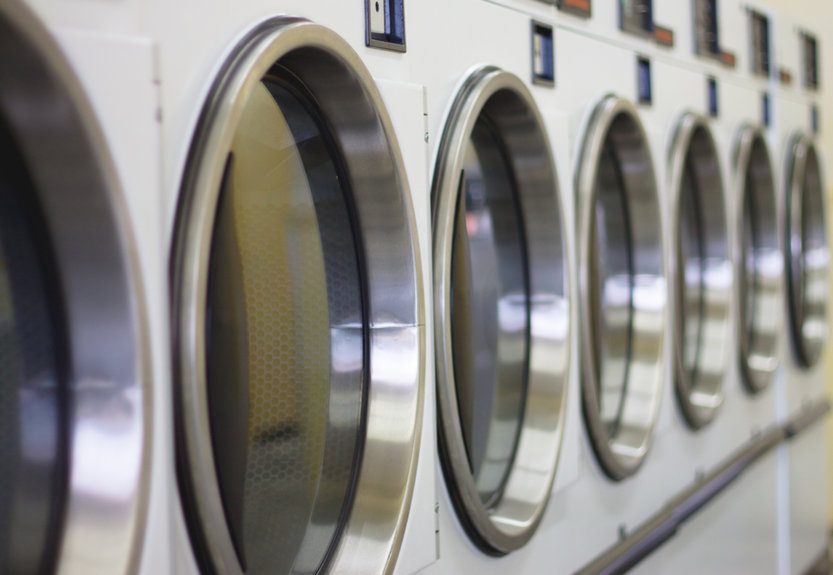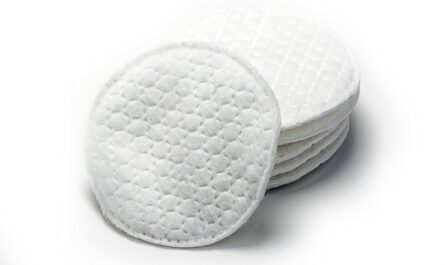Commercial laundry equipment refers to machinery designed for the specific needs of laundromats, hotels, hospitals, nursing homes, colleges and universities, military installations, and other applications involving large volumes of laundry. This specialized equipment is designed to efficiently handle large loads of linens, uniforms, and other fabrics on a consistent basis. Some of the main types of commercial laundry equipment include washers, dryers, dry cleaning machines, ironers/folders, and finishing equipment.
Washers
Washers are one of the foundational pieces of Commercial Laundry Equipment. Front-loading commercial washers are most common and come in a variety of sizes depending on needs – from small 20lb machines up to giant 500lb monsters. These machines provide very efficient washing through features like precision water controls, multiple wash speeds, various wash/extraction combinations and advanced chemical injections systems. Larger operations often use tunnel washers which can handle 500+ lbs of wet laundry continuously moving through progressively softer wash cycles. Tunnel washers are very efficient but take up more space. Cabinet style washers offer another versatile option – they sit on the floor and can handle mid-sized loads.
Commercial Dryers
Once garments are washed, they need drying. Commercial dryers are designed for high heat, high volume drying. Gas models are popular for their efficient heat delivery while electric dryers have lower upfront costs but higher operating expenses. Tumble dryers are the most common style – they rotate continuously to gently loosen and separate damp fabrics without abrasion or tangling. Condenser dryers filter and reuse hot air for maximum efficiency. Stacked washer-dryer units combine washing and drying in one compact package. Some operations use large-tumbler batch dryers that accommodate 500+ lbs of wet linen in one batch.
Flatwork Ironers
Ironing equipment is essential for finishing pressed linens like uniforms, tablecloths, bedsheets, pillowcases and more. Flatwork ironers smooth out wrinkles through precision heat and pressure. Continuous-feed ironers pull fabric from a washer through belts with adjustable steam ironing rolls. The steam and pressure leave fabrics wrinkle-free for folding. Alternate designs include cylinder ironers which rotate a steel cylinder heated to 400 degrees F to press fabric moving underneath. These systems iron a large volume of flatwork very quickly for commercial laundries.
Dry Cleaning Equipment
For outlets specializing in dry cleaning services, professional dry cleaning machinery is required. Dry-to-dry machines use non-water based solvents like perc or DF2000 to thoroughly clean delicate dry clean only items. Rotary-style dry cleaning equipment tumbles fabric in a heated, spinning drum with solvent vapors to lift out dirt and oil. Filter systems then recover and reclaim solvent for reuse. Newer “green” machines use silicone or hydrocarbon based solvents as safer perc alternatives. Coin-operated dry cleaning kiosks are also available for small laundromats.
Finishing Equipment
After drying and pressing come final touches. Commercial folding tables and shelves provide ergonomic workspaces for sorting, folding and stacking clean items. Steam cabinets help refresh pressed fabrics while industrial irons tackle last minute touch-ups. Garment racks, dollies and carts transport clean laundry where needed. Tunnel folders speed folding of many items simultaneously. Stackers and wrappers package finished goods for delivery. Accessories like extractor fans, boilers, water filtration systems and security monitoring ensure smooth operations behind the scenes too.
Laundry Operations Equipment
Beyond core processing machinery, support items are essential. Commercial wash formula dispensers precisely dose pre-treats, enzymes, bleaches and other chemicals into respective wash cycles according to programmable settings. Conveyors streamline the movement of carts, hampers and rolling racks of items between stations. folding tables, shelves and manipulators like the Jetsetter Jetstream or Hampton 30 assist workers. Floor scrubbers regularly disinfect tile or concrete floors while stain removal stations tackle stubborn spots. Inventory management software tracks items cycle to cycle for transparency. Automatic door operators promote ergonomics and security.
Maintenance and Repair
As extensive use of commercial laundry equipment puts wear on components over time, scheduled maintenance prevents downtime. Periodically changing filters in dryers, replacing belts or washing machine seals and performing monthly safety checks and deep cleans prevents gradual deterioration. Thermal imaging during inspection can discover heat issues invisible to the naked eye. Some manufacturers offer long term service contracts covering planned maintenance and on-call repairs. With so much riding on constant operation, quick diagnosis and parts replacement keeps facilities running smoothly between planned tune-ups. Ongoing maintenance budgets factor in inevitable component replacements over equipment life cycles too.
Choosing Equipment
Selecting the right commercial laundry equipment depends on analyzing many factors such as throughput needs, budget, available floor space, energy efficiency goals, water reuse capabilities, preferred loading methods, staffing levels and desire for any integrated management software solutions. Reputable manufacturers provide application engineering expertise and demonstrations to recommend configurations tailored to unique site requirements. Outfitting with the proper equipment capacity and automation streamlines processes while avoiding bottlenecks or under-utilization of assets. Contractors install systems safely per local codes and provide operator training on all machines. Proper planning ensures long term success.
In summary, commercial laundry equipment manufacturers deliver specialized, high volume machines to handle the demanding needs of laundromats, hotels, hospitals, nursing homes, colleges/universities, military facilities and more. An array of efficient washers, dryers, folders, ironers and support items optimize workflows while maintaining quality standards. Proper care, maintenance and equipment lifespan planning keep continuous laundry operations running smoothly around the clock for satisfied commercial customers. With due diligence upfront and ongoing servicing, these durable investment grade machines deliver clean linens and uniforms day after day.
*Note:
1. Source: Coherent Market Insights, Public sources, Desk research
2. We have leveraged AI tools to mine information and compile it




